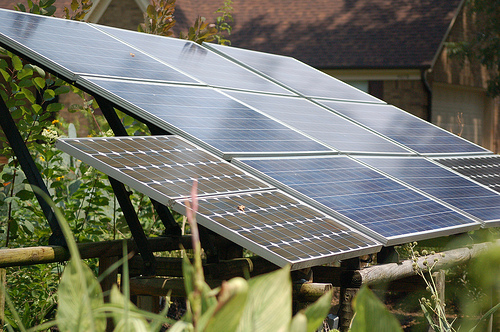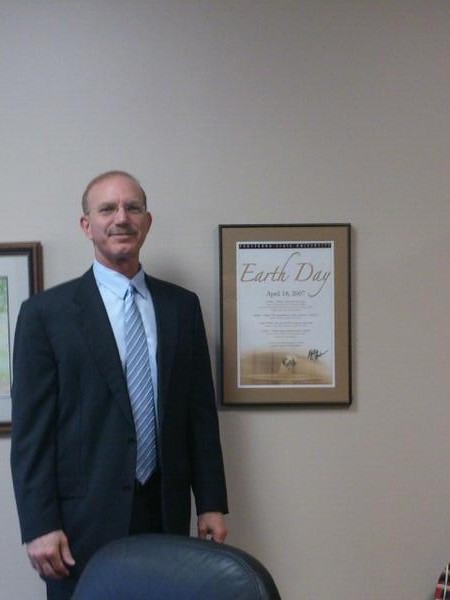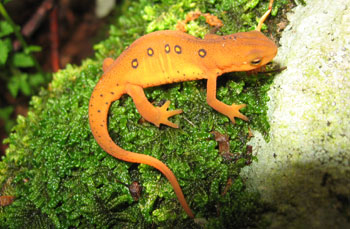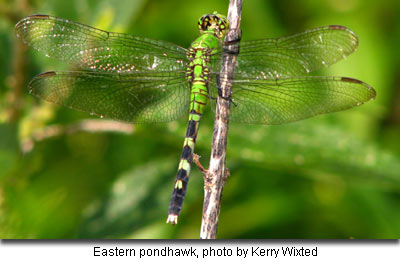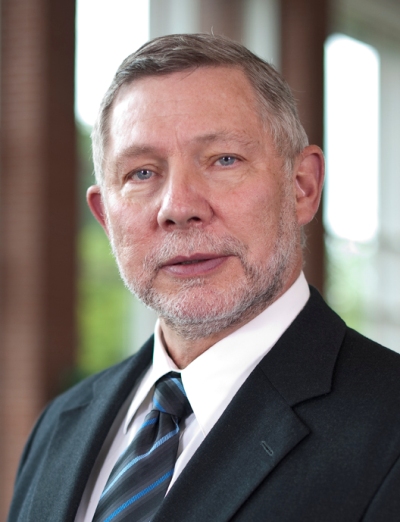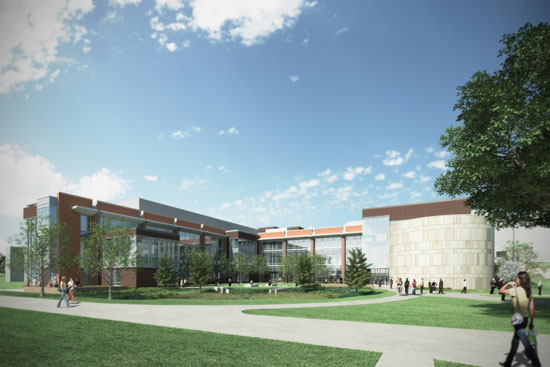While we can talk all we want about Frostburg focusing on campus sustainability, there is another aspect of the green movement that we’ve neglected: jobs. For a sustainability focus to really benefit a college campus, it has to not only save the school money and reduce their carbon footprint, but also help students get well paying green jobs so they can come back and become role models for future generations of students. Additionally, one of the biggest disconnects we’ve seen as we spoken to students was the lack of interest in sustainability because they couldn’t see a personal benefit.
With those two facts in mind, we’ve done a quick round-up of green jobs and internships available in Maryland. The state of Maryland has made a significant investment and commitment to green jobs through the Department of Labor, meaning that there is a growing market for students with some knowledge of sustainability, across a number of disciplines. In fact, the state claims to lead the nation is green jobs per capita, and Governor Martin O’Malley recently made a strong commitment to green jobs, claiming that the state is planning to add 10,000 new green jobs by 2015.
“In Maryland we have set a goal of creating at least 100,000 green jobs by 2015, and we are working across our State government – along with partners in organized labor, and in the private, academic, and non-profit sectors – to implement specific action items that are designed to create new jobs, advance eco-friendly technologies, and provide more Marylanders with the skills they need to participate and maximize the benefits of a green economy for their own families,”
Summar Goodman, Associate Director of Communications for the Maryland Department of Labor, echoed this. “We’ve committed to investing the time and resources to make sure that green jobs come to Maryland,” Goodman said, “but we need to make sure that we have people ready to take those jobs.” When asked what he meant, Goodman admitted that in part it means that students will need to add classes in sustainability that aren’t even available at many of the state’s college campuses. “We need to make sure that the schools are investing in creating workforce-ready employees, and have the resources needed to do so.”
Elysian Energy, which focuses on energy efficient homes and business, is looking for interns in both educational outreach and marketing.
The Accokeek Foundation, a non-profit that focuses on rivers in the state of Maryland and sustainable agriculture, is seeking a fundraiser and donor contact person.
Groundswell, Inc is seeking a community organizer in Baltimore, who will go out and organize residents to collectively bargain for more efficient and affordable green energy.
SolarCity, which has hired more than 90 new employees in Maryland in the last year, is hiring staff for both their sales team and installation team.
The Chesapeake Bay Foundations, one of the state’s leading non-profit organizations, is looking for a legal intern in Maryland, along with an HR representative and Administrative Assistant in their main office.
Green staffing company Peter Kaza and Associates is hiring engineers in Maryland and DC.
Bob Jackson Landscapes is looking for a plant health technician in Owings Mills.
We’re also going to link to this internship, though it is out of state, since they are looking for a field we haven’t touched yet.
The Environmental Law and Policy Center is seeking two MBA graduate students to intern in their Chicago office.
As for preparations for finding green jobs, Frostburg students have a number of options to make themselves more marketable. The most obvious choice would be a major in Environmental Analysis and Planning, but that isn’t the only academic path available. The new Sustainability Studies minor can be paired with any major, from Engineering to education, providing students with a head start on the green market. Additionally, the English department annually publishes E=LG2, a student-produced publication that focuses on sustainability and gives future environmental writers with their first portfolio piece and publication credit in the field.



